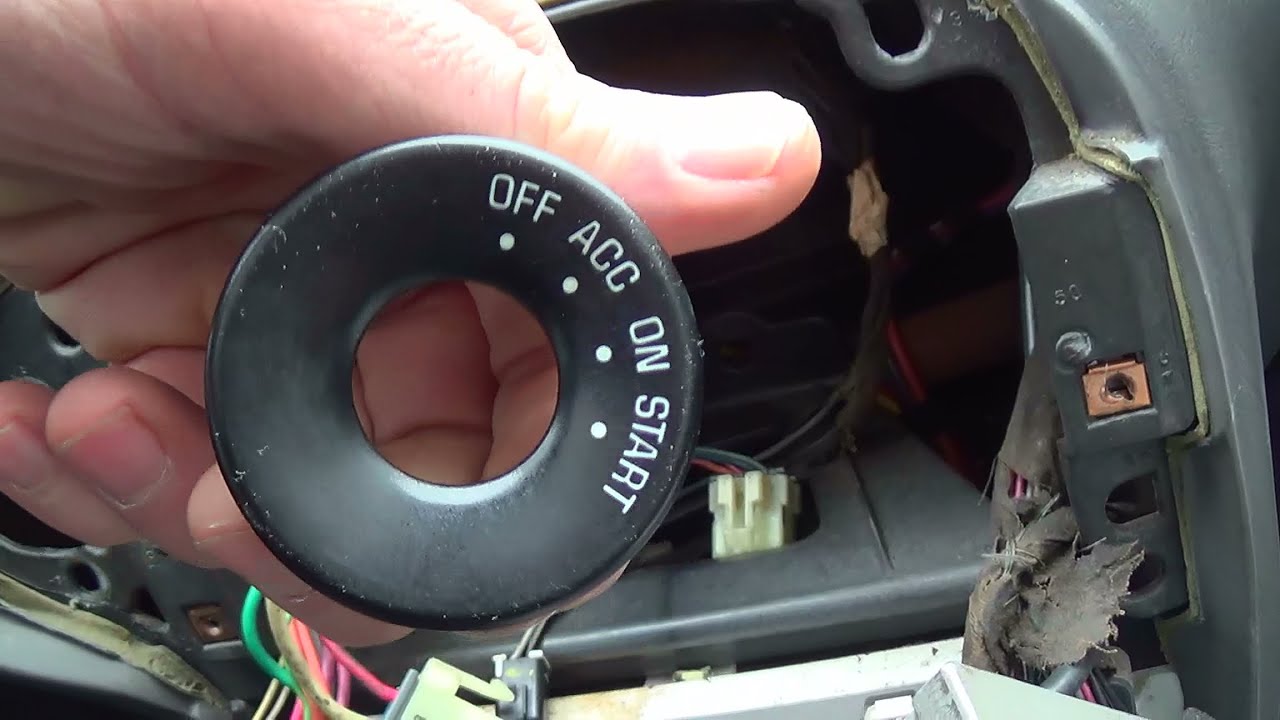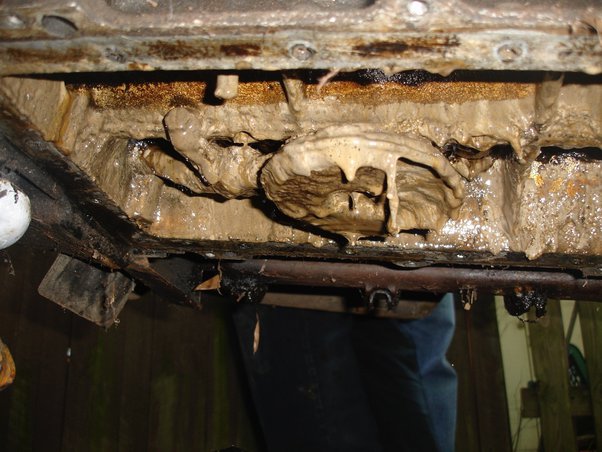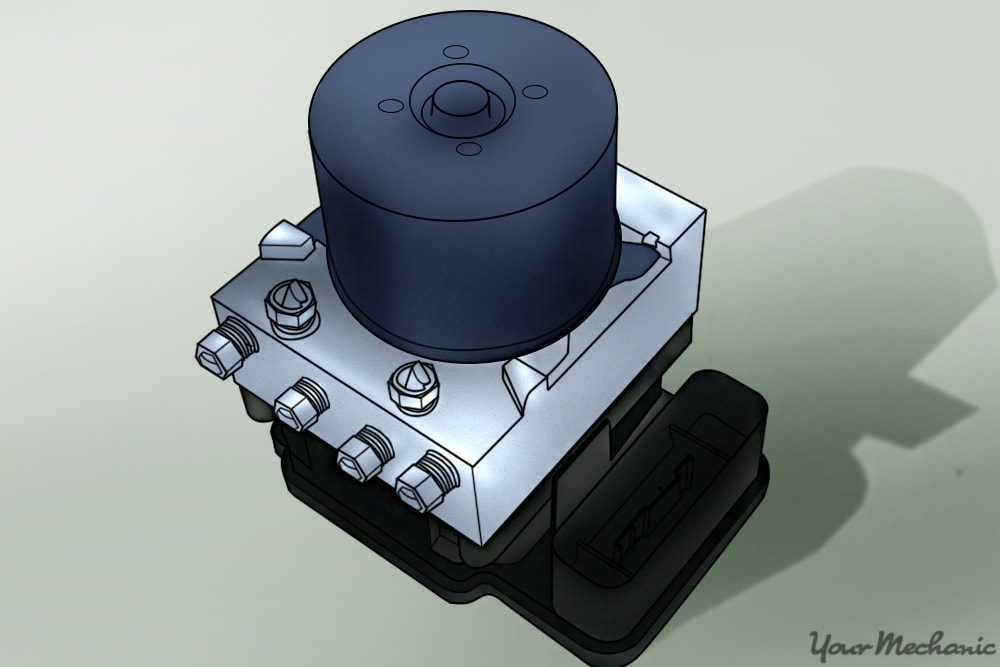Can a Bad Ignition Switch Cause a Fuse to Blow
Yes, a bad ignition switch can cause a fuse to blow. It may create a short circuit or an overflow of current.
Understanding vehicle maintenance is critical for ensuring safety and longevity on the road. The ignition switch, a pivotal component in your car’s electrical system, initiates the engine’s operation. When malfunctioning, it can lead to various issues, including electrical shorts that may result in blown fuses.
These fuses act as the nervous system’s guardians, protecting the vehicle’s intricate circuitry from damage due to electrical anomalies. By immediately addressing such problems as a blown fuse, you prevent further complications that could strand you or harm your vehicle’s electrical components. Regular inspection and timely repair of the ignition switch can save drivers from unexpected breakdowns and costly repairs, keeping their journey smooth and worry-free.

Credit: www.youtube.com
The Role Of An Ignition Switch
An ignition switch is a critical component in a vehicle’s system. It controls power flow to essential systems for your car to start and run smoothly. Suitable for both beginners and seasoned car owners, understanding the switch’s role is key to maintaining your vehicle.
Core Functions In Vehicle Operation
The ignition switch has several roles that are vital for your car’s operation. Below are its main functions:
- Activates the main electrical systems in the car.
- Engages the starter motor which turns the engine over.
- Allows for relevant accessories like the radio and lights to function when the engine is off.
- Provides a secure layer to prevent unauthorized use of the vehicle.
Electrical Passageways And The Ignition Circuit
The ignition circuit is a complex pathway. It consists of various components like the battery, starter relay, and fuses. All parts must work in harmony for the vehicle to function correctly.
| Component | Function |
|---|---|
| Ignition Switch | Actuates the starting process |
| Battery | Supplies power |
| Starter Relay | Connects the battery to the starter |
| Fuses | Protects the circuit from overcurrent |
If the ignition switch fails, it may cause a short circuit or overload. This can lead to a blown fuse. Identifying the switch as a culprit requires a series of checks. These ensure that your vehicle remains reliable and safe to operate.
Fuses: Guardians Of The Electrical System
Fuses protect your car’s electrical network. They act like guardians. Each fuse in your vehicle serves a major role. These tiny components ensure safety. They prevent damage to the complex wiring within. Without them, a simple issue could turn into a major one. Let’s explore how critical fuses are to the overall health of your car’s electrical system.
Purpose Of Fuses In Vehicles
Fuses are essential for vehicle safety. They shield electrical circuits from excessive current. When too much electricity flows, it’s a problem. Fuses stop this overflow to protect wires and components. Each one is connected to a specific electrical function.
- Headlights, radio, and even the engine,
- All rely on fuses for protection,
- If a circuit draws too much power, the fuse acts fast.
How A Fuse Reacts To Electrical Issues
A fuse senses the surge and responds instantly. It’s designed to blow or melt when current is too high. This breaking action cuts power. It does this to:
- Stop wire overheating,
- Prevent potential fires,
- Guard electronic devices within the car.
For example, a bad ignition switch might short-circuit. This can cause a spike in current. When that happens, the fuse blows. It’s like a sacrificial soldier. The fuse goes out so the rest of the system survives. It’s a simple fix to replace a blown fuse compared to rewiring. This shows the importance of the humble fuse in your vehicle.
Connecting The Dots: Ignition Switch And Fuse Interactions
The ignition switch and fuses are key components in any vehicle’s electrical system. They seem as distinct parts, but a link between them ensures smooth operations. Understanding this connection could shed light on various electrical issues, such as why a bad ignition switch might cause a fuse to blow. Let’s explore this relationship in more detail.
What Links An Ignition Switch To A Fuse?
- Fuses serve as protectors of the electrical system.
- They are strategically placed in the circuit to prevent damage by breaking the circuit in the event of an overload.
- The ignition switch controls power flow; turning it on starts the vehicle’s power process.
When an ignition switch fails, it can either cause a short circuit or an electrical overload. Both scenarios can lead directly to a blown fuse.
Electrical Overload And Short Circuits
Electrical Overload:
- Occurs when too much current flows through the wires.
- Ignition switch failure might mean it does not regulate the electricity properly.
- A fuse blows to stop further damage under such conditions.
Short Circuit:
- Is a wrong electrical flow that bypasses the normal path.
- Broken or damaged ignition switches can cause unexpected paths.
- Such circumstances prompt a quick fuse reaction to cut off the current.
A comprehensive understanding of these ignition switch and fuse dynamics is essential for diagnosing and fixing vehicle electrical problems. Properly functioning ignition switches and fuse systems are critical for a safe and reliable driving experience.
Symptoms Of A Failing Ignition Switch
An ignition switch plays a critical role in starting your vehicle. Like any car component, it can wear out over time. Recognizing the symptoms of a failing ignition switch is essential to avoid being stranded. Let’s explore the signs that can help you identify a faltering ignition switch.
Warning Signs On The Dashboard
Bright warning lights on your dashboard can be alarming. They may indicate an issue with your ignition switch. These signs should not be ignored. Some specific indicators include:
- Check engine light: It may flicker or remain steady.
- Battery warning: Suggests electrical problems.
These lights signal an immediate inspection. Do not delay in seeking professional advice.
Vehicle Starting Issues
Starting your car should be a smooth process. When your ignition switch fails, you might notice:
- Intermittent starting: Your car starts on some attempts but not others.
- No start condition: Turning the key yields no response.
A bad ignition switch can lead to a blown fuse. It disrupts the electric flow. Pay attention if your car behaves unpredictably during ignition.
Address these issues promptly to ensure your safety and vehicle’s reliability. Ignoring the warning signs can lead to more significant problems.
Troubleshooting The Culprit
If your car isn’t starting, the ignition switch could be to blame. But how can you confirm this? And could a faulty switch cause a fuse to blow? Discover the answers as we delve into the mechanics of diagnosing a bad ignition switch and checking for blown fuses.
Diagnosing A Bad Ignition Switch
Identifying a faulty ignition switch is the first step toward a smooth start. Signs include an unresponsive engine or stalled vehicle startup. But, when a blown fuse enters the equation, troubleshooting becomes critical. Here’s how to diagnose:
- Turn the key in the ignition and listen for unusual sounds.
- Check for dashboard light activity or lack thereof.
- Note any burning smells, which could signal an electrical issue.
These symptoms help pinpoint a potential ignition switch problem.
Steps To Check If A Fuse Has Blown
When a fuse blows, it disrupts the electrical flow to vital car components. To check for a blown fuse, follow these steps:
- Locate your vehicle’s fuse panel, often found under the dashboard or hood.
- Refer to the owner’s manual for the specific fuse related to the ignition switch.
- Remove the fuse using a fuse puller or needle-nose pliers.
Examine the fuse:
| Condition | What It Means |
|---|---|
| Intact Wire | Fuse is good; issue lies elsewhere. |
| Broken/Burnt Wire | Fuse is blown; replacement needed. |
If the wire inside the fuse is broken or burnt, this indicates a blown fuse. Replace it and test the ignition switch again.
Fixing The Issue: Ignition Switch Repair And Fuse Replacement
A faulty ignition switch can lead to a myriad of problems, including a blown fuse. Ignition switch repair and fuse replacement are critical to restoring your vehicle’s functionality. This section walks through professional and DIY repair methods, as well as preventive strategies.
Professional Vs. Diy Repair
Choosing between a professional repair and tackling the issue yourself can be daunting. It often boils down to skill level and experience.
| Professional Repair | DIY Repair |
|---|---|
|
|
Preventive Measures To Avoid Future Problems
Prevention is key to avoiding ignition switch and fuse-related issues. Following these steps can help:
- Regular Check-Ups: Periodic inspections by a professional can catch early signs of wear.
- Clean Contacts: Keeping the ignition switch contacts clean prevents electrical issues.
- Keychain Weight: Use fewer keys on your keychain to avoid extra stress on the ignition switch.
Implementing these measures enhances vehicle longevity and ensures consistent performance.

Credit: www.ebay.com
Frequently Asked Questions Of Can A Bad Ignition Switch Cause A Fuse To Blow
Can Ignition Switch Issues Blow A Fuse?
Yes, a faulty ignition switch can cause a fuse to blow. The ignition switch is part of the electrical system and, if malfunctioning, it may lead to a short circuit. This can overload and blow the fuse associated with the ignition system.
What Causes A Car Fuse To Blow Suddenly?
A car fuse can blow suddenly due to a short circuit, electrical overload, or a fault in a component like the ignition switch. When too much current flows through the fuse, it will blow to protect the electrical system.
How Do I Know If My Ignition Switch Is Bad?
Symptoms of a bad ignition switch include stalling, difficulty starting the car, flickering dashboard lights, and the inability to turn the key. If the ignition switch is failing, it may also lead to blown fuses.
Does Replacing Ignition Switch Fix Electrical Issues?
Replacing a faulty ignition switch can fix related electrical issues if the switch is the root cause. It’s important to diagnose the exact problem first, as electrical issues may have various potential causes.
Conclusion
Understanding the relation between faulty ignition switches and blown fuses is crucial for vehicle maintenance. Such knowledge helps in prompt diagnosis and repair, preventing potential risks to your car’s electrical system. Remember, regular vehicle check-ups are key to catching these issues early and ensuring your safety on the road.




